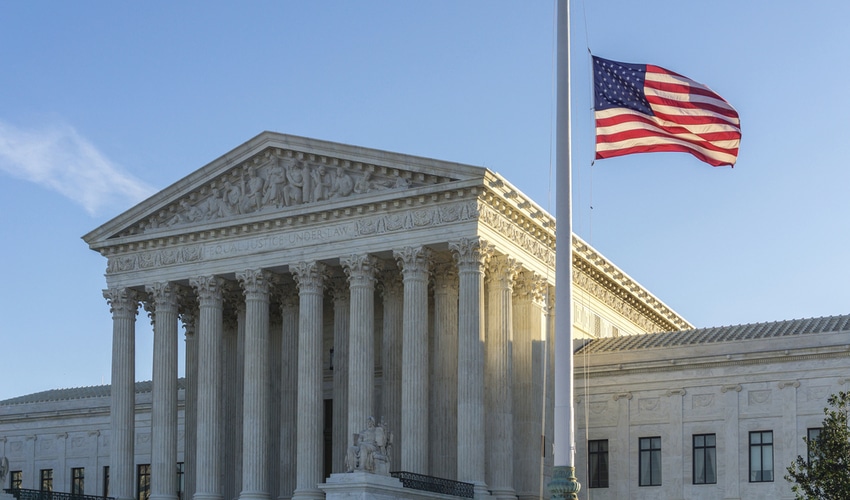
US Supreme Court gave a decision on immediate ramifications for the migration
On Thursday, the US Supreme Court gave a decision on immediate ramifications for the migration enforcement policy, permitting Trump’s administration to deport those asylum seekers whose applications have been denied.
Immigrants who seek refugee status must prove to immigration officials that they have a fear of oppression in their nation of birthplace to continue with the complete asylum process. If they fail to prove their claim, then they can be extradited without any chance to present their case in court.
According to the case, the Department of Homeland Security v. Thuraissigiam involves immigration authorities’ to immediately deport migrants that don’t have fear going back to their nations of origin. The system, first sanctioned in 1996 and known as “expedited removal.” It takes weeks or years to determine a full deportation case and doesn’t include a hearing in front of an immigration judge, and neither the immigrants have the right to a lawyer.
“Habeas has traditionally held as a method to obtain release from unlawful detention. However, the respondent invokes the writ to deliver a completely separate end. Specifically, to get an additional official review of his asylum request and finally to receive authorization to stay in the United States”.
Associate Justice of the Supreme Court of the United States
However, In Vijayakumar Thuraissigiam’s case example, he had a strong asylum case and claimed for an audit of his deportation, applying in federal court for an order of habeas corpus.
‘Habeas corpus’ is a constitutional procedure used by people trying for their release from detention, but he contended that this could be invoked to review asylum claims as well. He also claimed that he had crossed the US border and must get additional rights to challenge his deportation case in federal court.
A bench of judges disagreed on Thursday, saying that under the law, the rights to ‘habeas corpus’ don’t apply to immigrants who have arrived recently in the US and claiming refugee status.
Associate Justice of the Supreme Court of the United States, Samuel Alito records in the majority opinion, joined by the court’s four judges, stating, “Habeas has traditionally held as a method to obtain release from unlawful detention. However, the respondent invokes the writ to deliver a completely separate end. Specifically, to get an additional official review of his asylum request and finally to receive authorization to stay in the United States”.
The decision by the honorable Supreme Court is a boost for Trump’s administration, who has since long attempted to crack down the surge in asylum cases. It is now hard for asylum seekers to appeal for refugee status.
Read More: New US restrictions on work visas will hit hard India







